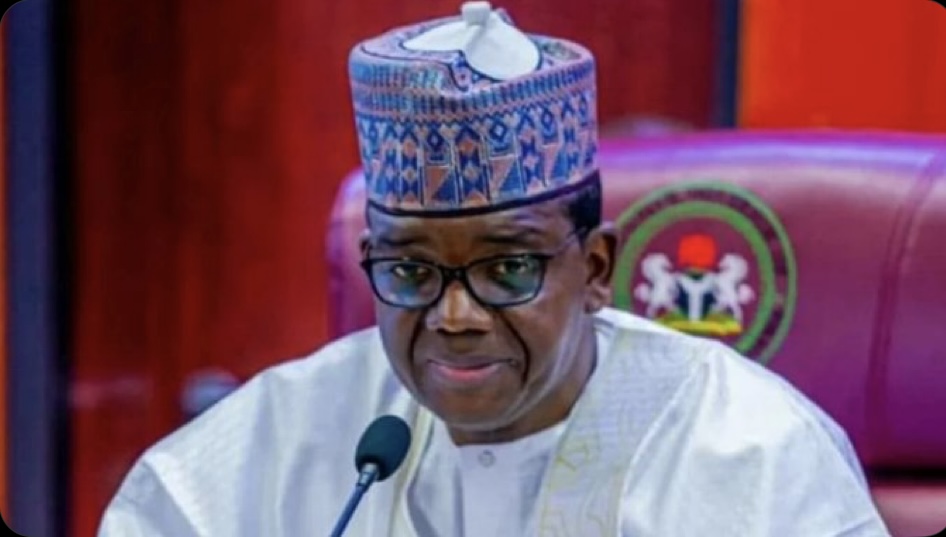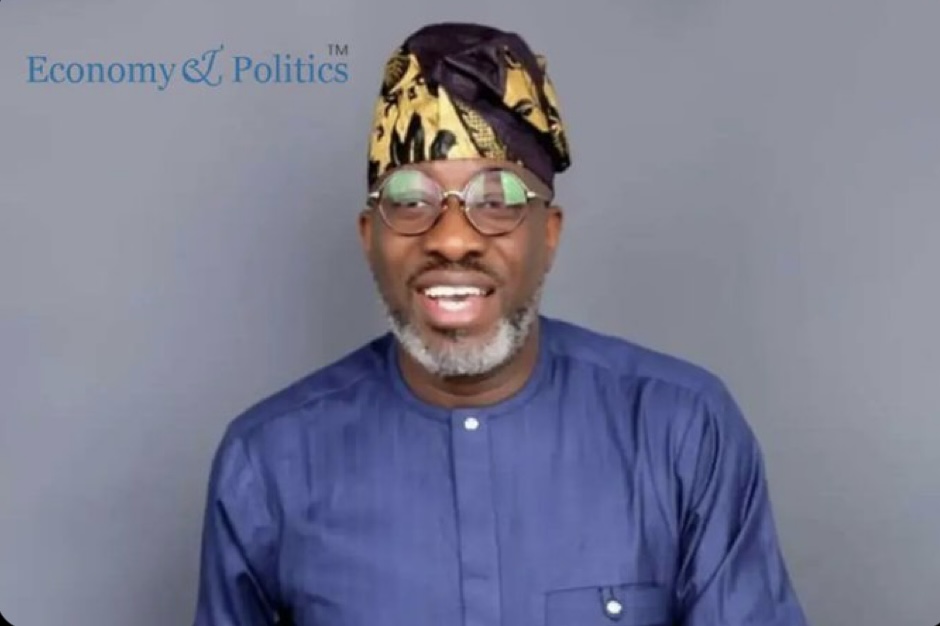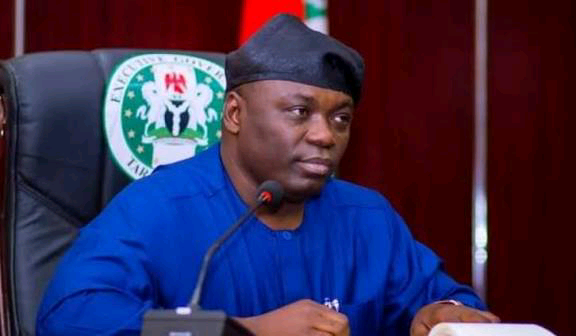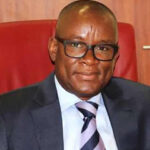Victor Attah’s Defection Critique Sparks Renewed Debate on Constitutional Reform

Former Akwa Ibom State Governor, Obong Victor Attah, has reignited national debate on the constitutional implications of political defections, urging a stronger legal framework to curb what he describes as a “democratic abomination.”
Speaking during a live interview on The Morning Show on Arise Television, Attah warned that Nigeria’s democratic foundation is being eroded by unchecked political defections, calling for urgent reforms to strengthen political accountability and ideological consistency.
“If we have an unstable party situation in Nigeria, we will have an unstable policy, and we will end up with an unstable nation,” the former governor said.
Attah’s comments have refocused attention on Section 68(1)(g) of the 1999 Constitution, which provides that legislators who defect from the political party under which they were elected must vacate their seats, except in cases of internal crisis within the party.
Despite this provision, court rulings and political maneuvering have allowed many defectors to retain their positions, weakening the deterrent intended by the Constitution.
Legal analysts argue that the vagueness around what constitutes a “division” or “crisis” within a political party has made enforcement of the defection clause nearly impossible.
“Victor Attah is absolutely right to raise the alarm,” said constitutional lawyer Tunde Oladipo. “The Constitution is clear, but politicians have learned to exploit the loopholes. Until we amend the law to remove the ambiguity, or until the courts take a firmer stance, we will continue to see these violations.”
Attah, who governed Akwa Ibom State from 1999 to 2007 under the Peoples Democratic Party (PDP), also pointed fingers at his former party for allegedly initiating the defection culture that now plagues Nigeria’s democratic process.
“The PDP started this trend, and now everyone is doing it. It’s dangerous,” he said.
Political analysts believe that the consequences of unchecked defections go beyond party loyalty — they affect governance, policy continuity, and public trust in the electoral process.
“Party hopping isn’t just about politicians changing jerseys,” said Dr. Amina Yusuf, a political science lecturer at the University of Lagos. “It distorts the will of the electorate. When a politician defects, it raises questions about the legitimacy of their mandate.”
The issue has become particularly urgent in the lead-up to the 2027 general elections, as political realignments intensify nationwide. With multiple high-profile defections already recorded in 2025, citizens and civil society groups are renewing calls for constitutional reform and electoral accountability.









